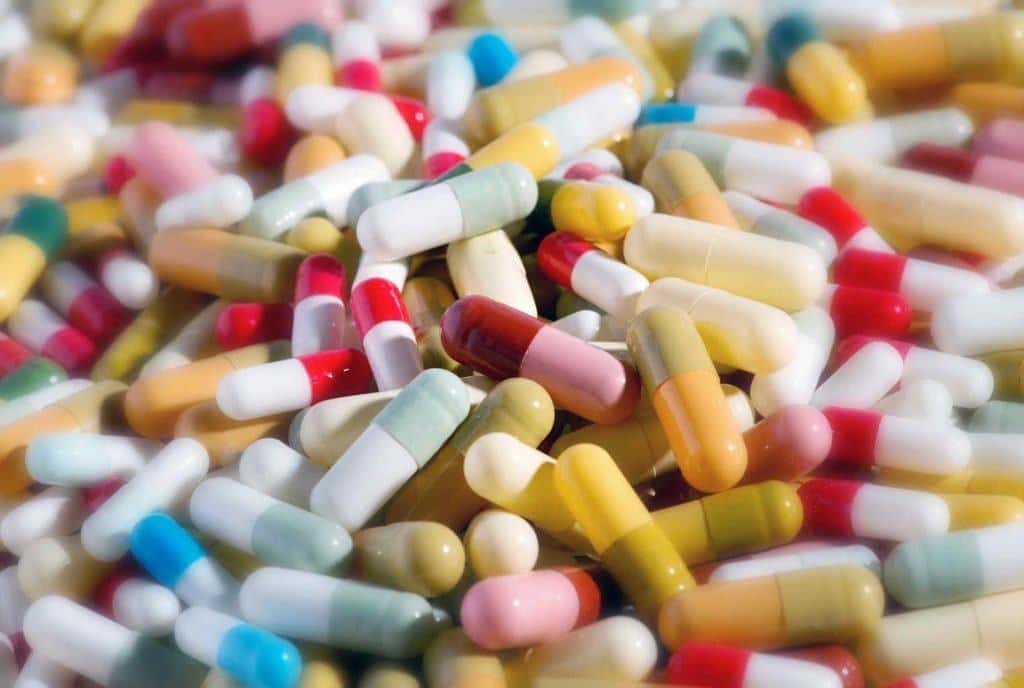Contents:
- Medical Video: ADHD: What Has Become of Children 30 Years Later?
- Why are people with ADHD more likely to experience drug and alcohol problems?
- Early treatment of ADHD can reduce the risk of substance abuse
- Are stimulant drugs for ADHD addictive?
- Does your child have ADHD, medication problems, or both?
- Parents, do this:
Medical Video: ADHD: What Has Become of Children 30 Years Later?
Research shows that children and adolescents with Attention Deficit / Hyperactivity Disorder (ADHD) are more likely to smoke, drink, or use illegal drugs than other children. They also have a greater risk of abusing illicit za.
However, just because a child has ADHD does not mean he will have problems with alcohol or drugs when he is a teenager. The key for parents is to be aware of the relationship between these two things, take preventative steps at home, and seek professional help if a drug problem is suspected.
Why are people with ADHD more likely to experience drug and alcohol problems?
There are several theories as to why ADHD increases the risk of substance abuse, namely:
- Impulsive tendencies, difficulties in making decisions, and school problems accompanied by ADHD can increase the risk of starting drug use
- There may be a genetic relationship between ADHD and susceptibility to drug abuse
- Individuals with ADHD can try using psychoactive drugs to treat themselves
Early treatment of ADHD can reduce the risk of substance abuse
When treatment begins is important. Children who take ADHD therapy early have a lower risk of substance abuse compared to those who start treatment late. Treating mental health disorders that often co-exist with ADHD such as anxiety and depression is also important.
Are stimulant drugs for ADHD addictive?
Stimulant drugs are considered the "first" treatment for ADHD. No study has found that stimulant treatment can increase drug abuse, but this stimulant drug can be misused, utilized, or given to others. Close monitoring is recommended to prevent abuse of this drug.
Some types of ADHD drugs are more likely to be misused compared to other drugs. For example, a brief use of stimulant drugs is more often misused than the use of non-stimulant drugs usually consumed long-term. Talk to your pediatrician for more information about the risks and benefits of using different types of drugs to treat ADHD.
Does your child have ADHD, medication problems, or both?
The use of alcohol and drugs can cause symptoms similar to ADHD, namely:
- Can not focus
- Difficulty completing tasks
- Disorganization / mess
- Hard to sleep
- Poor appetite
- Reluctant to socialize with other people
- Loss of interest for school
Discuss with your doctor any new symptoms or sudden changes in ADHD symptoms during adolescence.
Parents, do this:
- Pay attention to any behavioral changes, even if you think the behavior can be associated with ADHD in your child
- Communicate with children regarding appropriate and acceptable behavior in society
- Watch your child's playmates. If a child gets along with someone who is involved in drugs, chances are that the child might get the drug too
- Talk to your child about the importance of using all drugs exactly as prescribed, for example stimulants. Discuss side effects and other problems with your pediatrician.
- Giving, selling, or distributing prescription stimulants is illegal and dangerous. Monitor your child's ADHD closely, because abuse of prescription drugs among adolescents continues to increase today. Make sure your child understands that giving drugs to others is illegal.
- Do not store drugs anywhere, such as in bathrooms, kitchens, or anywhere that is easily accessible to others. Make sure the medication is locked or removed from sight. Teach your children to take responsibility for their treatment. Help him learn to control ADHD for the sake of his own condition and realize that he is at high risk for certain problems.












